“Every time you think you’ve come up with a new way of doing something,” Christine Roberts says, “then I’ll do a little more research and think, ‘oh, well, that’s not really the case, that’s not new at all—they’ve been doing that for hundreds of years.’” Not that she’s complaining. Roberts’ slow fashion brand, Modelia, is founded on principles of sustainability, including a commitment to natural fibres and dyes. Traditional crafting techniques are part and parcel of her approach.
“I follow a lot of traditional Japanese dye techniques,” she says, describing the processes she uses to create her lineup of totes, purses, and other accessories. “So I do a lot of the indigo and shibori stitching resists, I do a rice paste resist that’s called Katazome technique.” Stitching resists refers to a process of drawing stitches so tightly they create pleats where dye can’t penetrate. Rice paste resists employ a dye-resistant coating stenciled onto fabric and later washed off, revealing a pattern. Though Roberts draws on international inspirations for her work, it incorporates a strong local element.
“The majority of the dyes I work with are botanical dyes, so they’re derived from plants,” she says. “During the summer season I’m able to source dyes just from around where I live. I grow marigolds in my garden, I can use those. There’s sumac up the road, I can gather that.” Some harder to find colours, like indigo, are sourced from BC-based supplier of all-natural dyes. Her fabrics are likewise selected for their use of organic or sustainable fibres. “My dye vat is just an iron-based vat,” she adds. “There really isn’t anything in there that you wouldn’t put in your garden.”

Roberts admits that her approach can be labour-intensive. “Working with natural dyes is a lot more time-consuming than a traditional dye would be. So like in a large-scale factory where they’re using synthetic dyes on synthetic fibres, they don’t have to go through the multitude of processes that natural dyes do.” Fortunately mass production is not one of her goals.
“Slow fashion is making products in a responsible, methodical way where I’m not mass producing,” she says. “I’m making them at the time of order, or in the case where I’m entering a show, I’ll make a small batch of something. And I’m not about following fashion trends. I want to make items that are designed and constructed to last, not purposely made with a short lifecycle before a new trend takes over like the fast fashion industry does.”
Handcrafting all-natural products may seem an unlikely pathway for Roberts, who maintains a day job as a web developer. She credits an informal workplace art show for inspiring her to pursue textile art more seriously. Shortly thereafter she sold a few bags and began entering art shows, and Modelia was born.
Roberts’ tech-savvy side can be seen while browsing her bright, modern site modelia.ca. Although she keeps inventory low to reduce textile waste, her products can also be purchased at Peterborough’s Watson & Lou and select boutiques across Canada. She hopes to return to offering dyeing workshops when COVID safety allows. Hearing her speak passionately and in detail about her process, it’s clear that her made-to-order products and instruction are worth the wait.
Are you enjoying our Meet the Makers series? Please consider supporting the small businesses in your community this winter, as they rely on our support now more than ever. Reinvesting in our communities allows our hard-working artisans continue doing what they love – and allows us to continue enjoying the beauty they create.
Read Kawarthas Northumberland’s coverage of Watson & Lou, mentioned in this article, here.




